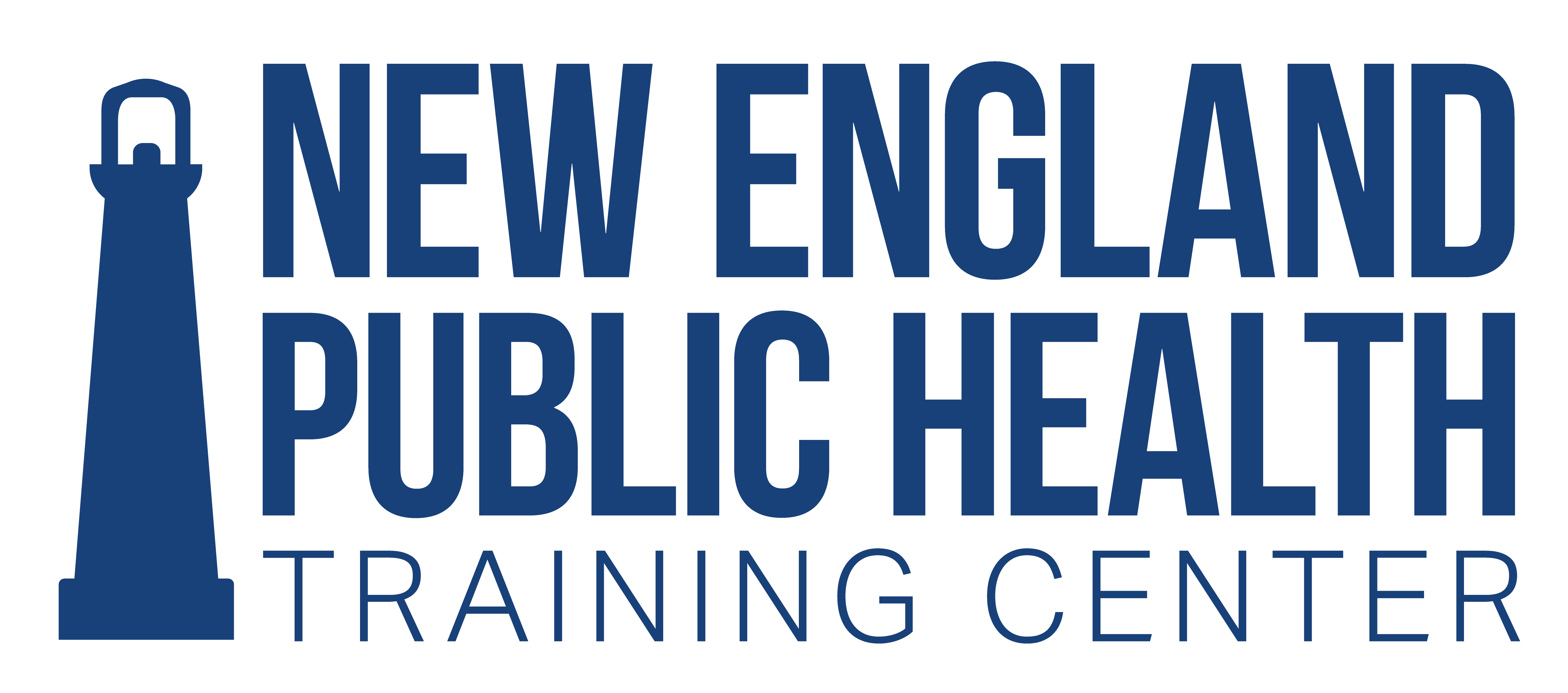
Monkeypox: Lessons Learned and Strategies Moving Forward
What are common misconceptions about monkeypox and how do we move forward in the pandemic as nurses, educators, or other public health professionals?



Course Information
- Audience: Audience nurses, community health workers, educators, public health professionals, and others
- Format: Webinar
- Date/Time: Monday, September 26, 2022
12:00 PM – 1:00 PM EST - Price: Free
- Length: 1 hour
- Credential(s) eligible for contact hours: Sponsored by New England Public Health Training Center (NEPHTC), a designated provider of continuing education contact hours (CECH) in health education by the National Commission for Health Education Credentialing, Inc. This program is designated for Certified Health Education Specialists (CHES) and/or Master Certified Health Education Specialists (MCHES) to receive up to 1 total Category I continuing education contact hours. Maximum advanced-level continuing education contact hours are 1. Provider ID: 1131137 Event ID: PM1131137_09262022.If you are not seeking a CHES/MCHES contact hours, if you complete the post-test and evaluation, you will receive a Certificate of Completion. The Certificate will include the length of the course.
- Competencies: Policy Development and Program Planning Skills
- Learning Level: Awareness
- Companion Trainings: None
- Supplemental materials:None
- Pre-requisites: None
About this Webinar
This webinar will describe some of the major lessons learned thus far in this monkeypox pandemic, setbacks and challenges, and common misconceptions. After, we will explore recommendations and practical knowledge for various healthcare providers,
nurses, educators, and public health professionals to ensure participants have the tools necessary to have informed dialogue and policies about monkeypox and apply them to their organizations or personal lives.
In three months, monkeypox has affected over 35,000 people and 90 countries, and the situation is continuing to evolve. Please join us to explore early findings related to the epidemiology of the virus, common misconceptions, and strategies on where we will go from here.
What you'll learn
At the end of the course, participants will be able to:
- Effectively explain scientific findings and misconceptions related to the current state of the monkeypox pandemic
- Describe challenges in the monkeypox response and opportunities for engagement
- Recommend and evaluate policy, programming and education related to monkeypox
This webinar will be recorded and made available within 2 business days of the webinar close. Please log in to view the recording in the section "View a Recording of the Webinar.
Subject Matter Expert
Tom Carpino
Tom Carpino (he/him), MPH, is a predoctoral NIH fellow at the Johns Hopkins Bloomberg School of Public Health studying infectious disease epidemiology and stigma, and a diversity and inclusion teaching fellow and adjunct faculty in biological sciences at Towson University. Since the beginning of the current monkeypox pandemic, Tom has been a health advocate for the LGBTQ community for increased access to testing, vaccination, and treatment for this disease. He is also a leader in health equity as described in his open letter to the national White House monkeypox coordinators as interviewed with the Institute for Public Accuracy and the Equal Rights and Justice radio. In collaboration with Johns Hopkins, Emory, and the US Centers for Disease Control, Tom helped to launch the American Men’s Internet Survey (AMIS) monkeypox study investigating attitudes and experiences related to monkeypox as described in this MMWR report and collaborated with the RESPND-MI team with Harvard and Prep4All to evaluate network risk for monkeypox.
Registration
Select the Enroll Me button below to register for this recording. If you have any trouble accessing the recording, contact support@nephtc.org.
Acknowledgement: This project is supported by the Health Resources and Services Administration (HRSA) of the U.S. Department of Health and Human Services (HHS) as part of award 2 UB6HP31685‐05‐00 “Public Health Training Centers.” The contents are those of the author(s) and do not necessarily represent the official views of, nor an endorsement, by HRSA, HHS or the U.S. Government.

